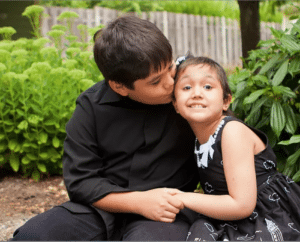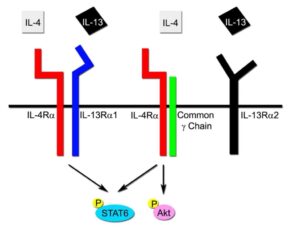Already funded by the Megan’s Mission Foundation
Childhood muscle cancer is rare but also unique among cancers – rhabdomyosarcoma not only mimics normal muscle stem cells, but it also hides very well from the immune system. Immunotherapy has been so promising for adult forms of cancer, leukemias and lymphomas – but immunotherapy for sarcomas has been elusive. Immune checkpoint inhibitors given as combination therapies do not help nearly any patient, and CAR-T therapies have had notable responses in one patient but generally not any other patients. Given that rhabdomyosarcoma has a tendency to spread around the body, it would be of great interest to have each patient’s immune system “on watch” for tumor cells, to stop them in their tracks.
This project seeks to optimize an observation in genetically-engineering mice with rhabdomyosarcoma that the immune system can be activated by a cell vaccine. The responses are measurable, but thus far the responses are limited to days to weeks. Durable responses of months to years is desired. Combining our knowledge of rhabdomyosarcoma in humans and in these Nobel lecture featured mice (https://www.nobelprize.org/prizes/medicine/2007/capecchi/lecture/), we are undertaking an engineering approach to optimize this cell vaccine. Pretreatment of the cells in the vaccine, adding a key “adjuvant” to stimulate immune reawakening and adjusting the time of repeat vaccinations will be the activity of our team.





